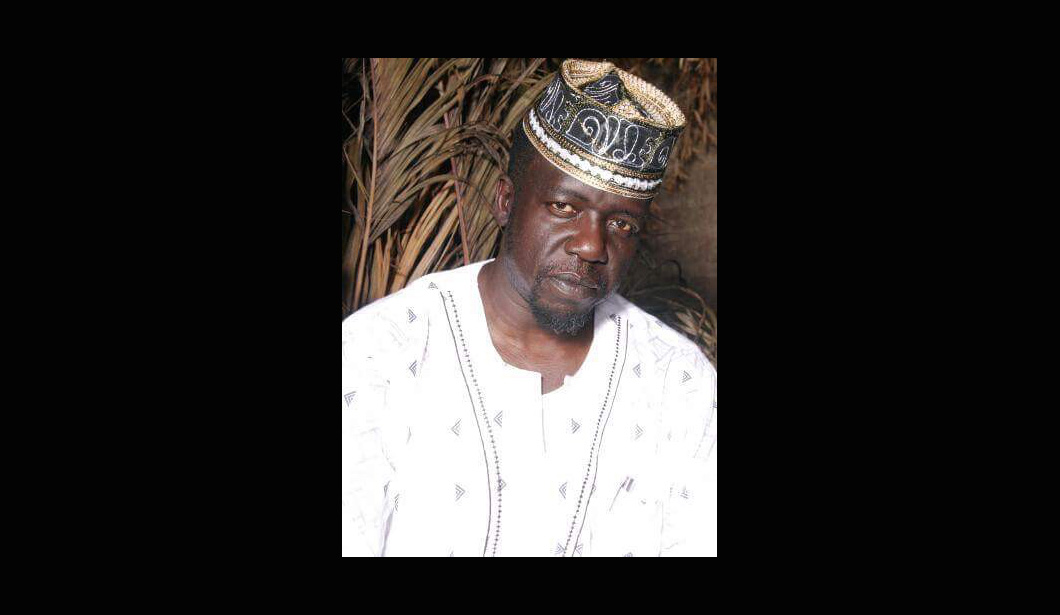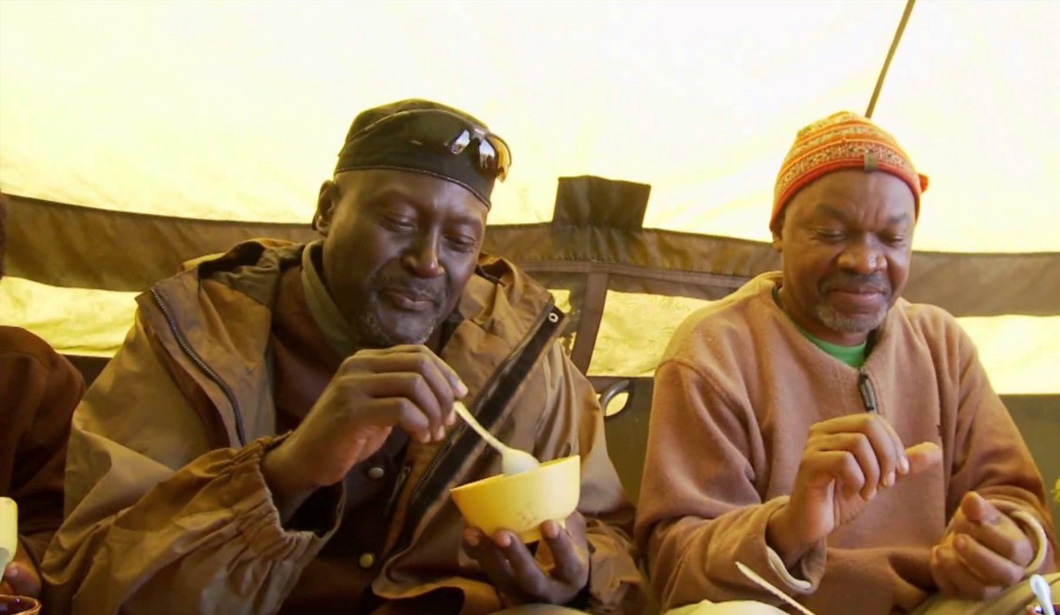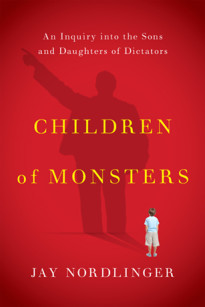Idi Amin was a man of many wives and many children. He was also a man of many victims: under his dictatorial reign in Uganda, as many as tens of thousands were killed, often in brutal fashion.
One such murder was that of Shaban Nkutu — a government minister before Amin’s rise to power. Nkutu’s son, Conrad Nkutu, went on after his father’s gruesome death to direct a Ugandan radio station called KFM.

KFM was conducting interviews for a position in the mid-2000s, and one candidate was clearly the best for the job. Call it fate, call it a cruel joke of history, call it what you like, but this candidate was none other than Idi Amin’s son Hussein. Jay Nordlinger, author of Children of Monsters, relates the story at National Review:
His staff interviewed a number of people for a particular job, and they were nervous when they presented to Nkutu the best candidate: for the best candidate was the son of the man who had killed his father — Nkutu’s father. The candidate was Hussein Amin, or “Hussein Lumumba,” as he was calling himself at the time. (I could explain.) Hussein is a son of Idi Amin, dictator of Uganda in the 1970s. Nkutu’s father was Shaban Nkutu, an important government minister before Amin came to power (and, incidentally, the uncle of one of Amin’s wives).
Conrad Nkutu ‘gently chastised’ his staff — his words — for being nervous about bringing Hussein’s application to him. He would not visit the sins of the father on the son. Moreover, he issued strict instructions to those around him: They were not to breathe a word about his father, the murdered Shaban Nkutu, to Amin’s son. Hussein Amin, or Hussein Lumumba, had no idea. He had no idea that his father had killed Nkutu’s father. He was hired at KFM and worked happily and well.
But Hussein’s state of blissful ignorance was not to last. It wasn’t long before he heard a newspaper report sparing no violent detail on Shaban Nkutu’s murder. Hussein “reeled from this news,” sobbing uncontrollably, writes Nordlinger. Hussein did not return to work. In the words of Conrad Nkutu:
I got the sense that while he had obviously grown up surrounded by press reports describing his late father as a killer, he was living in denial and had possibly never been confronted with a detailed murder case involving his father as the orchestrator. He was in a very bad emotional state and we were all very sorry for him.
Is it possible to avoid the reality that one’s father was a mass murderer for one’s entire life? Hussein Amin couldn’t do it.

On the other hand, one of Idi Amin’s other sons, Jaffar, is both an apologist for his father and a staunch advocate of reconciliation efforts among Ugandans. He’s a living paradox, but as Nordlinger tells Ben Weingarten in the Encounter Books Podcast, “Jaffar is a stand-up guy.”
Being the son or daughter of a dictator is not easy. Each of them, as profiled in Children of Monsters, has to build a life for themselves while bearing a name synonymous with evil. Some embrace their father’s legacy. Some ignore it completely. A few rebel against it. But the most interesting cases are the more complicated ones, like Hussein and Jaffar Amin: the vacillators and the self-contradictors.

